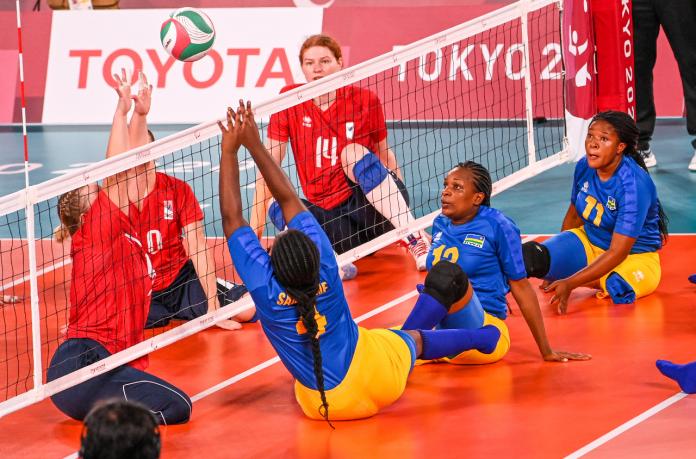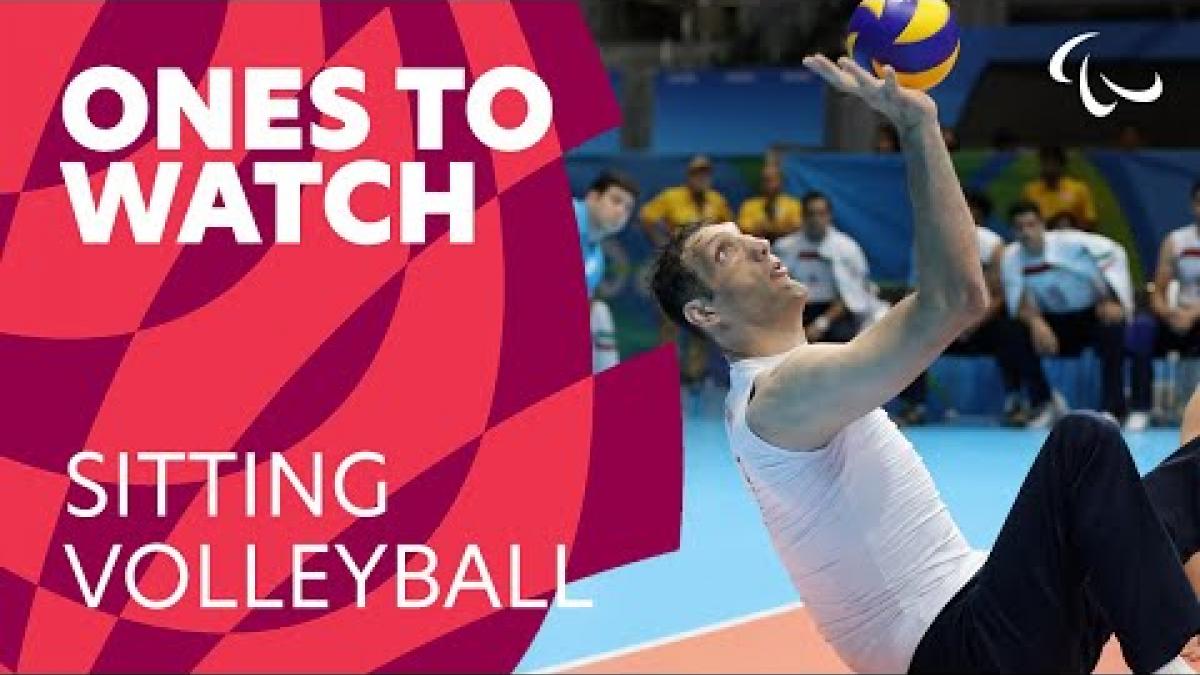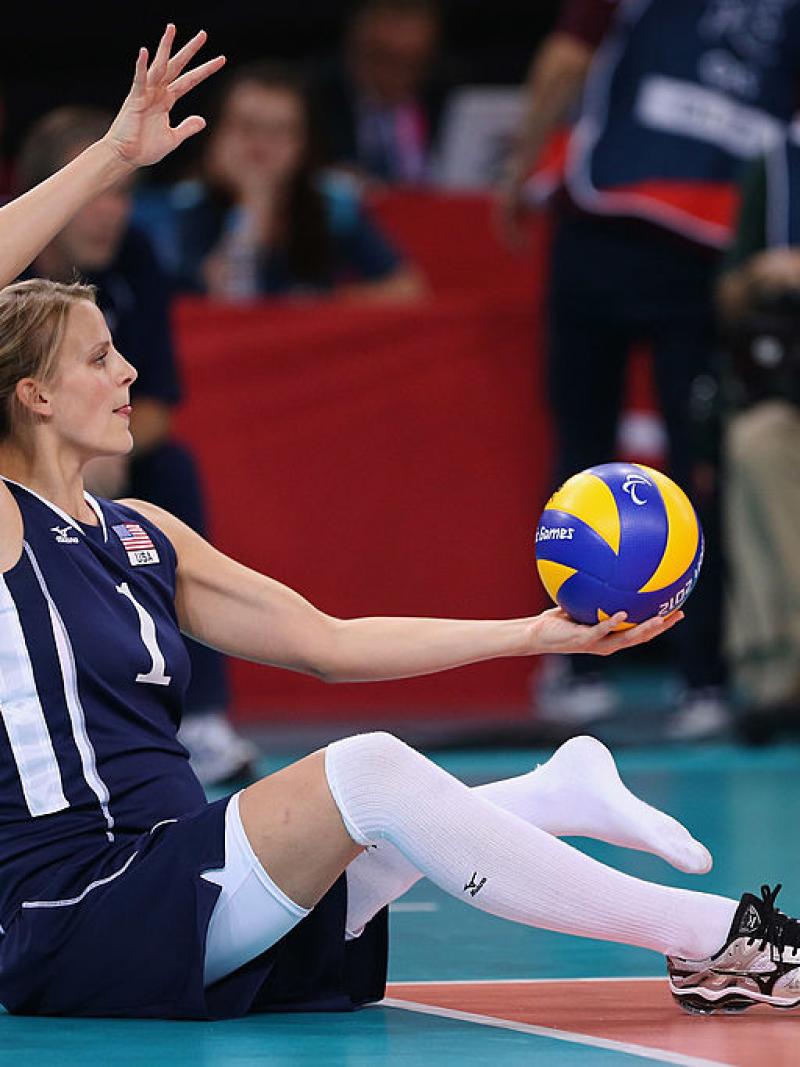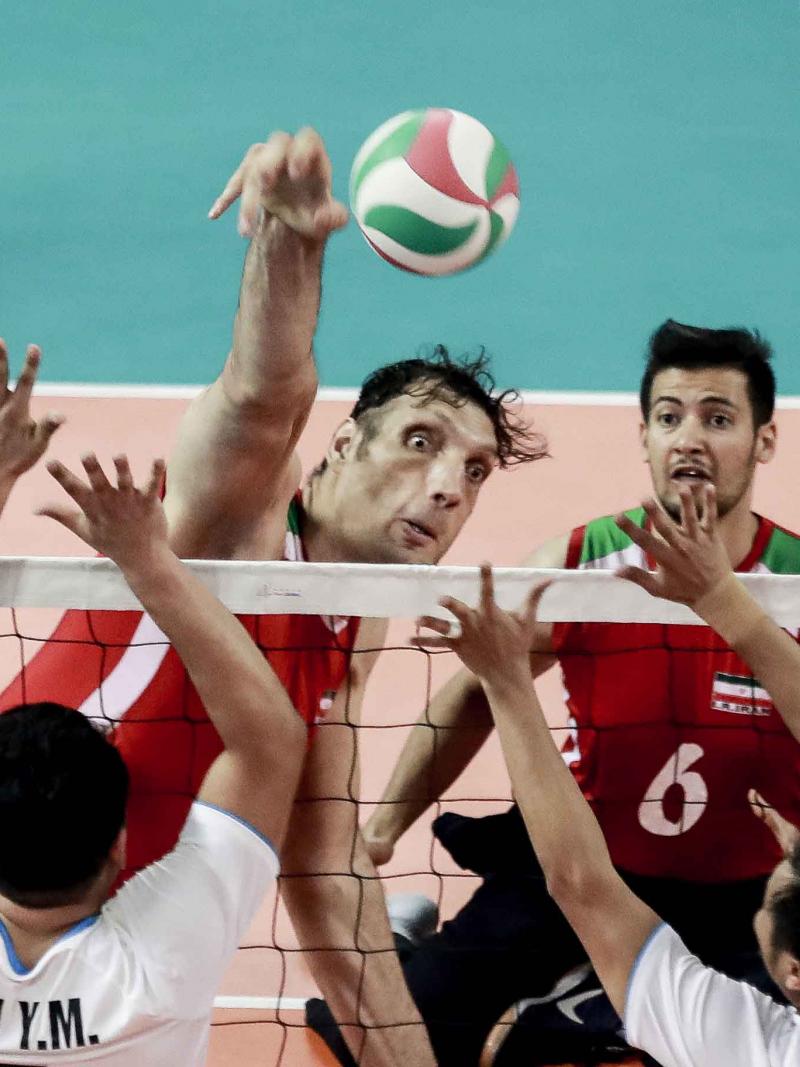Rwanda confident strong domestic game will lead to international glory
African nation plans to follow Iran's route to sitting volleyball success 30 Aug 2021
Rwanda’s women’s sitting volleyball team are targeting success at Paris 2024 Paralympic Games thanks to one of the world’s largest club systems.
Although they have struggled in Tokyo, losing their opening two matches 3-0 to make progress to the semi-finals unlikely, they are determined to make their mark in France in three years’ time.
"We will start now to prepare for Paris 2024, we won't wait," said coach Jean Marie Nsengiyumva.
For decades, powerhouse Iran’s success on the men's sitting volleyball world stage was a direct result of the country’s professional club system, and Rwanda, which has 18 men’s and 12 women’s teams feeding into the national team, is hoping to follow suit.
Sitting volleyball is a unique sport because participants compete while seated on the floor, so it easily integrates athletes with and without disabilities. In other countries such as France and England, athletes without disabilities are also part of the club system, but few countries have such a large number of club teams as Rwanda.
Captain Liliane Mukobwankawe credited the country's club teams with raising the sport’s profile in Rwanda and inspiring society to take a different view of people with disabilities.
“Many people with disabilities don’t go to school, they just sit at home and don’t come out of their rooms because they tell people (with disabilities) you can’t do anything with your life,” she said.
“They are just staying home and waiting to die.”
As the women’s representative for the Rwandan Paralympic Committee since 2017, Mukobwankawe travels around the country visiting centres for people with disabilities and trying to ensure women especially have access to education, job training and safe facilities.
But she said one of the best ways to advocate for people with disabilities is through the growth of sitting volleyball and Rwanda’s success as the only team to qualify for the Paralympics from Sub-Saharan Africa.
“Our team comes from all the different districts of Rwanda, because if you want to be on the national team you first have to play on club teams,” said Mukobwankawe.
Nsengiyumva has also seen the progress in the raising of awareness for sitting volleyball and people with disabilities in general.
“The mindset is changing,” he said. “There is much more cultural support for people with disabilities because they see what they are capable of doing.”
 Facebook
Facebook
 Instagram
Instagram
 Twitter
Twitter
 Youtube
Youtube




